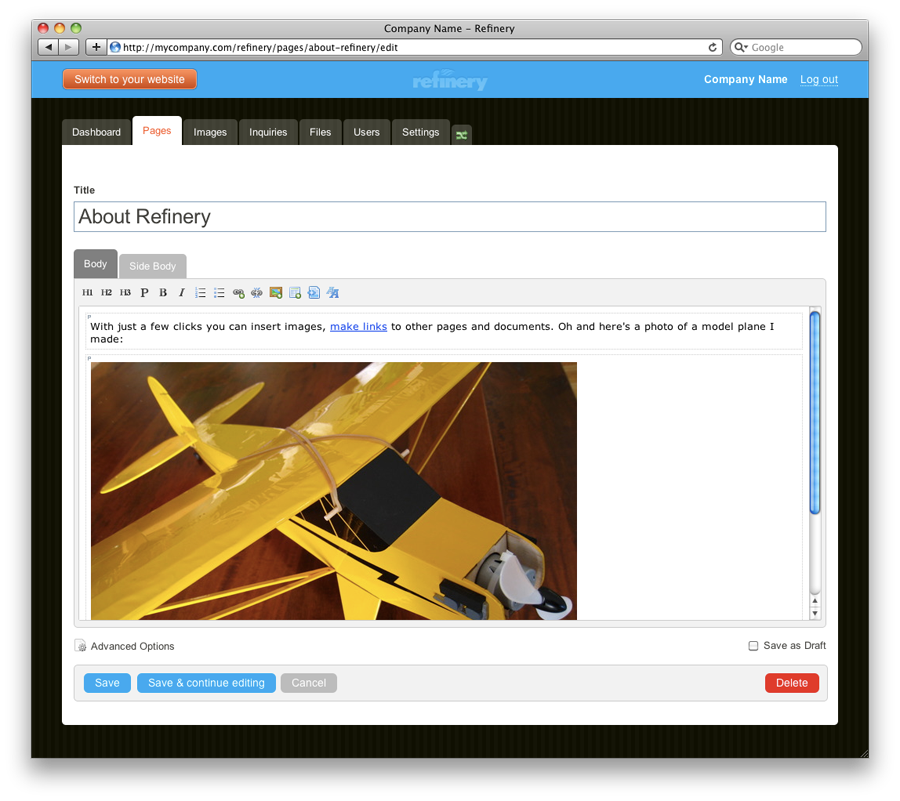Mastering the Fusion of Business Intelligence with Digital Marketing for Top-Level Success
Business intelligence marries seamlessly with digital marketing, creating a potent mix for organizations across all sectors. A primary lever in this powerful alliance is data-driven decision-making, fueled by actionable insights drawn from comprehensive data analysis. Business intelligence leverages data to reveal trends, patterns and valuable insights, while digital marketing uses these insights to strategize, create engaging content, and target potent audience segments.
The strategic fusion of these two elements allows businesses to remain agile, adapting quickly to market variables driven by consumers' ever-evolving preferences and behaviors. For an organization to stay ahead in today's volatile market, it must vigorously employ business intelligence to inform its digital marketing strategies. In fact, data has moved from being an optional marketing element to being the very core of strategic marketing decisions.
Implementing Business Intelligence into Digital Marketing
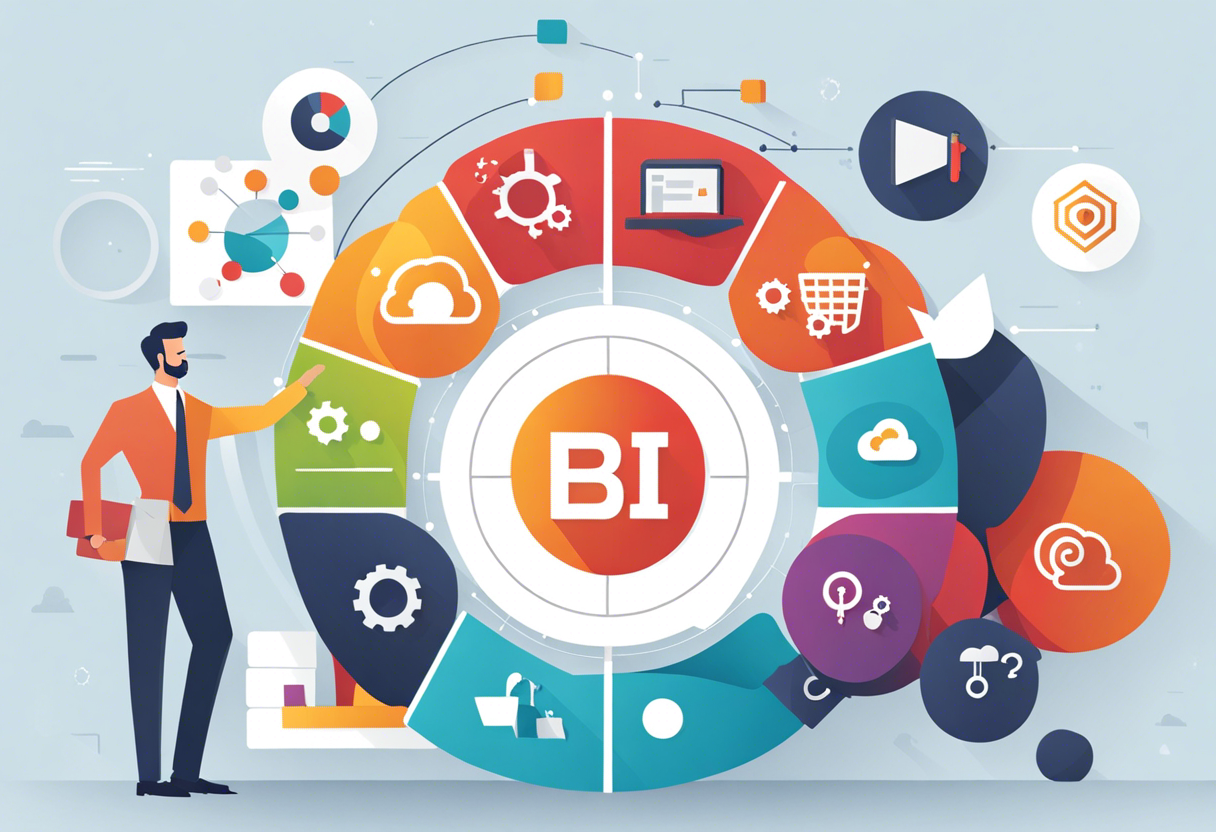
Harnessing the full potential of this fusion requires incorporating business intelligence into your digital marketing strategy. This calls for the need to capture, analyze, and leverage the wealth of data from disparate sources. BI tools are essential as they help businesses analyze this data in real-time, translating it into actionable insights.
Such tools provide businesses with comprehensive customer profiles, allowing them to understand their interests, historical behavior, and potential future actions. This granular view coupled with the reach of digital marketing can help tune marketing efforts to customer preferences, substantially increasing conversions and ROI.
Shop Data for Digital Marketing Strategies
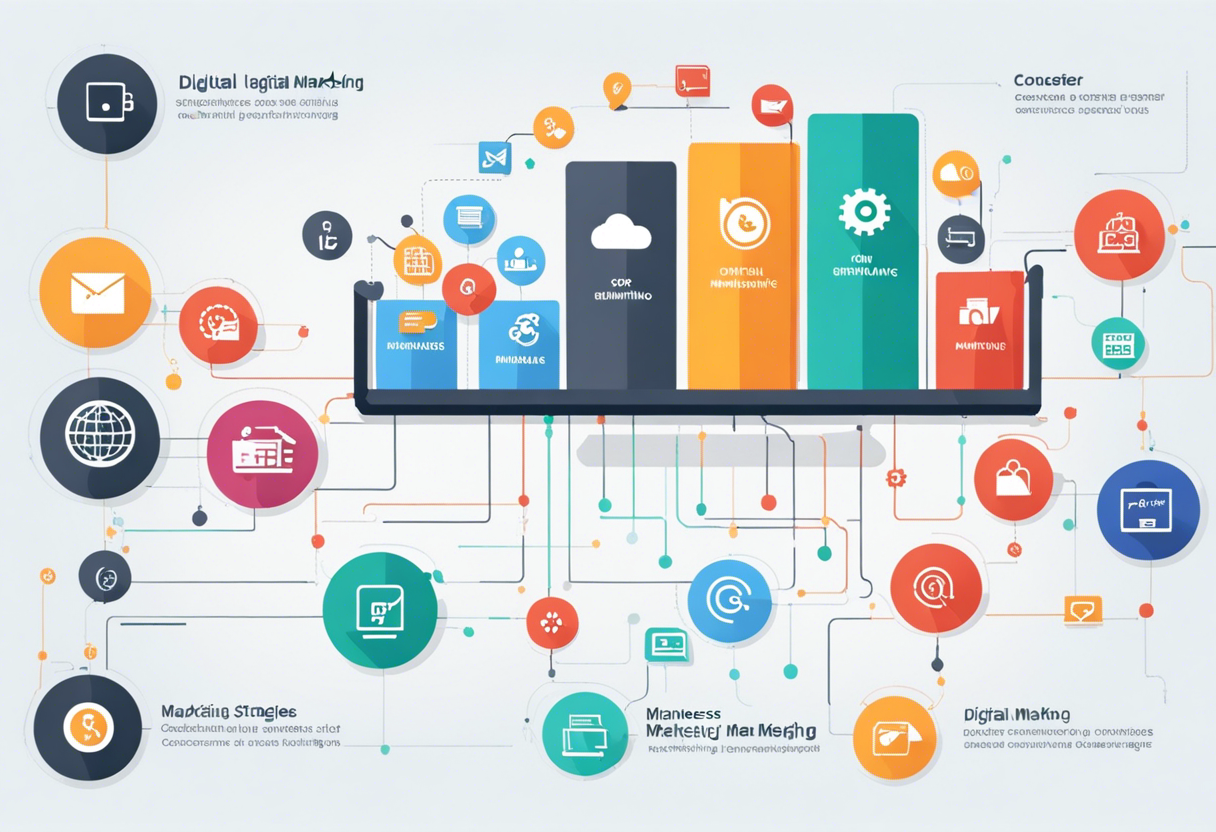
With insights generated by Business Intelligence tools, businesses can undertake a more tailored approach to their digital marketing strategies. These insights can determine the best channels to reach consumers, the ideal content type for engagement, and ideal marketing spend for optimal ROI.
The collected data can also help businesses to understand the effectiveness of their marketing campaigns. By comparing the performance of different initiatives across multiple variables, companies are able to continuously tweak and optimise their digital marketing strategies.
Advanced Predictive Analytics
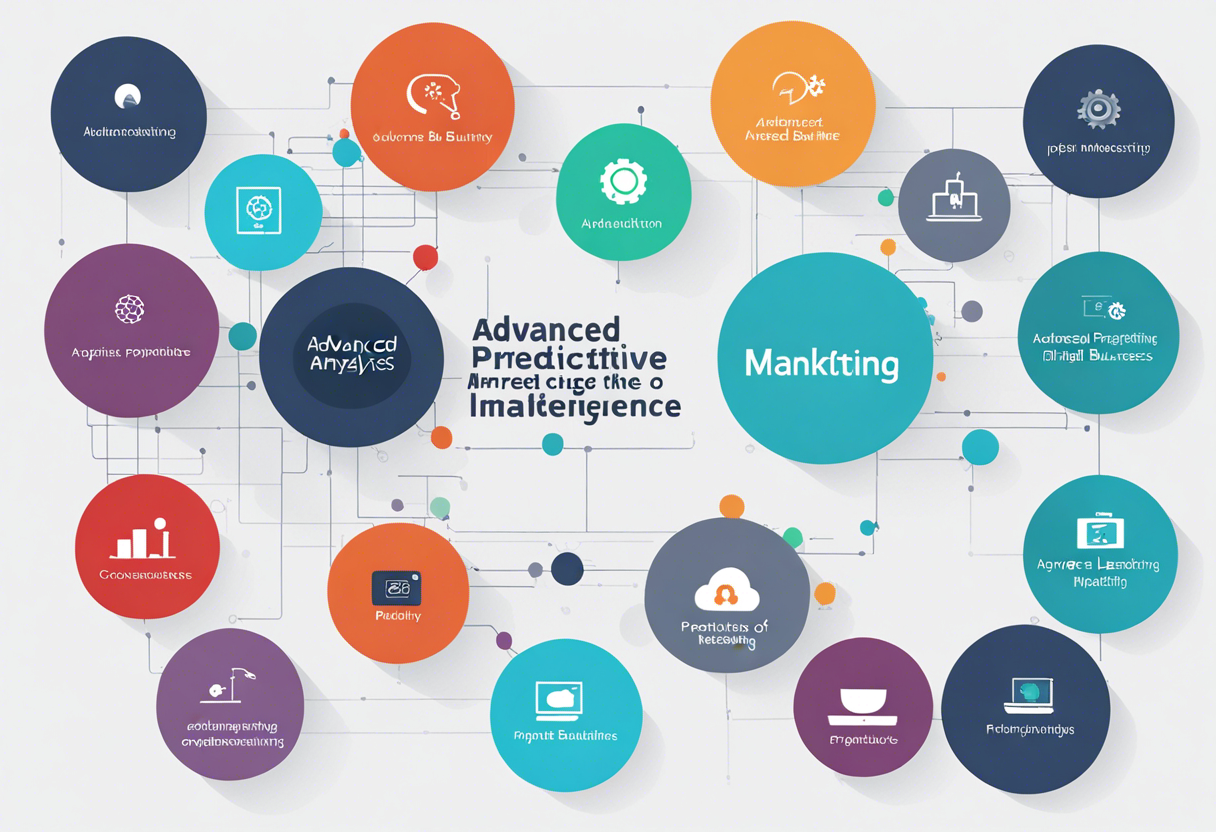
The marriage of business intelligence and digital marketing allows companies to employ predictive analytics. Predictive analytics uses statistical algorithms and machine learning techniques to anticipate future outcomes, based on historical data. This empowers marketers to forecast customer behavior, sales trends, and marketing outcomes.
Collectively, the use of predictive analytics can greatly amplify the accuracy of digital marketing strategies. It provides a proactive basis from which marketing efforts can be tailored rather than reactive adjustments based on past performances.
Real-Time Decision Making
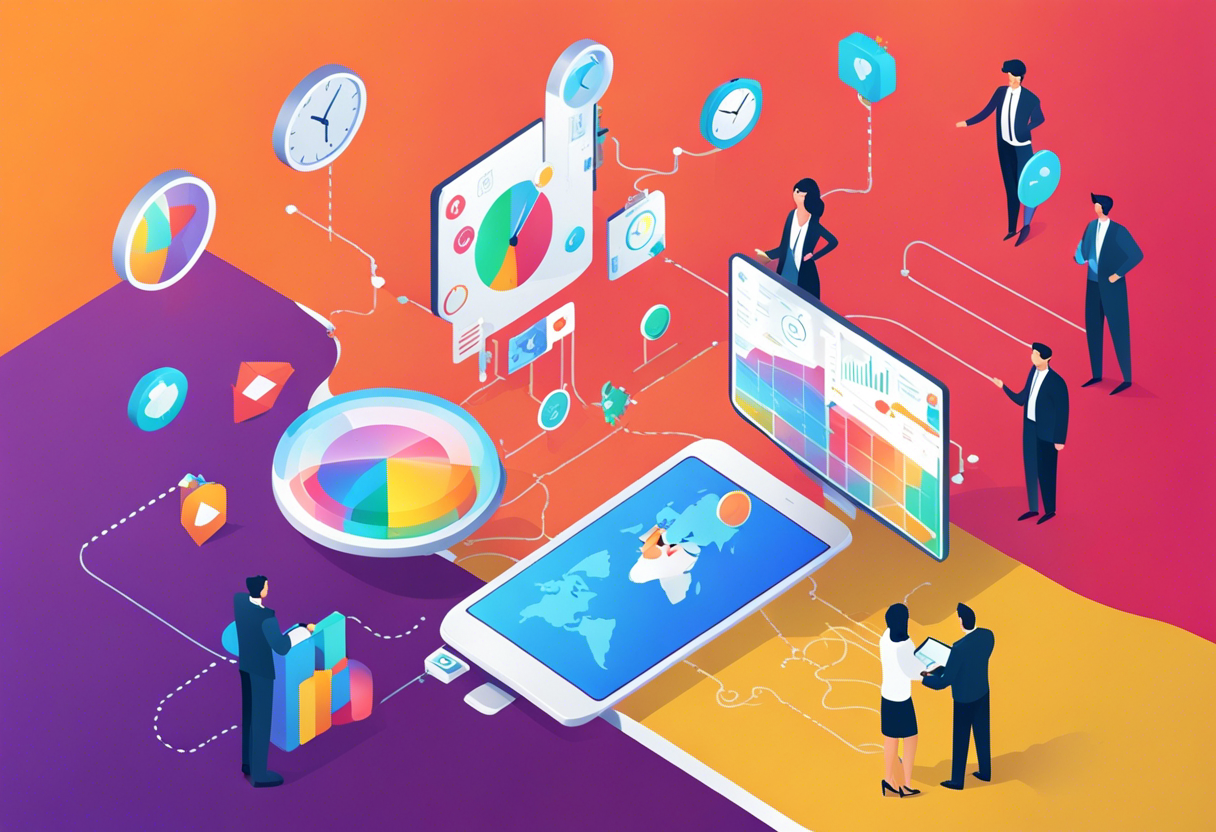
As BI tools continue to evolve, businesses now have access to real-time data analysis. This presents a unique opportunity in the realm of digital marketing, as strategies can be adjusted on-the-go in response to real-time trends. If a particular campaign is underperforming, adjustments can be made instantaneously, minimizing loss and maximizing efficiency.
Real-time data allows for a closer connection with the audience, the ability to capitalize on trends as they happen, and the capacity to make well-informed decisions, all of which are crucial to the success of any modern business.
Enhanced Customer Experience
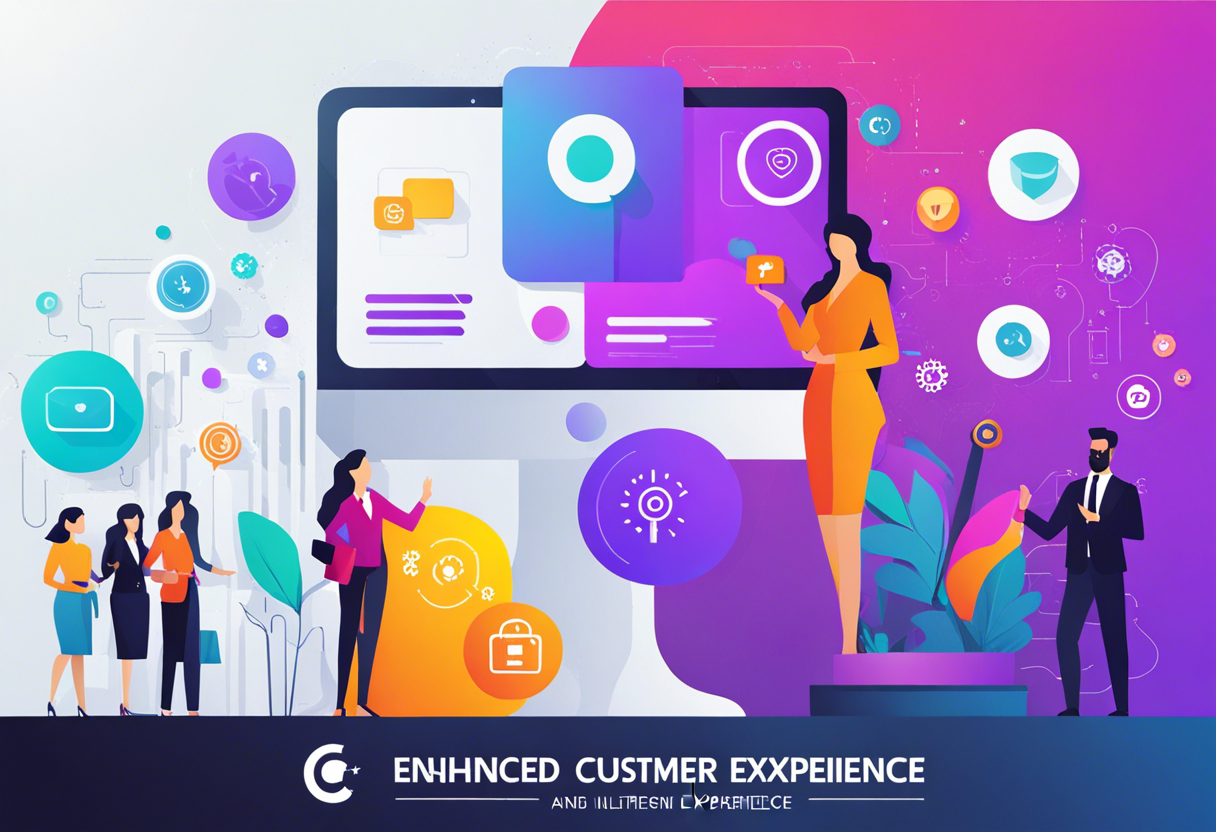
In the digital era, ensuring an excellent customer experience is more critical than ever before. The marriage of business intelligence and digital marketing enables businesses to comprehensively understand their customers, resulting in personalized campaigns that resonate with each individual.
This enhanced focus on the customer experience not only helps generate more leads but also nurtures existing relationships, leading to higher customer retention rates. By offering personalized experiences, businesses can not only distinguish themselves from competitors but also foster brand loyalty among their customer base.







